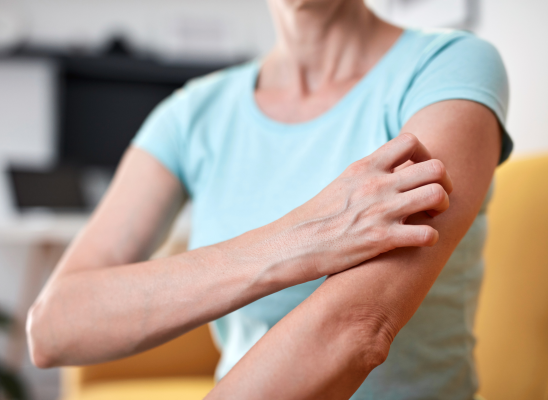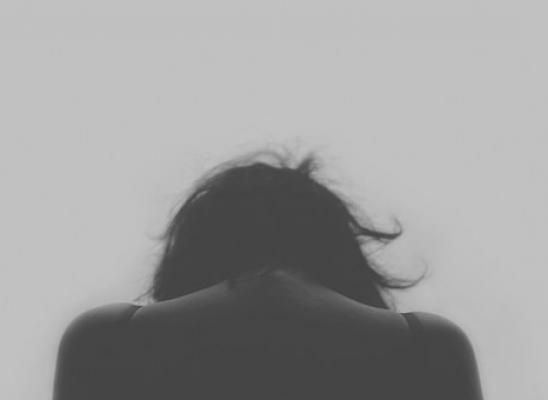Skin Picking Disorder and Suicide Risk

Online test
Find out the severity of your symptoms with this free online test
As uncomfortable it is to talk about suicide, increasing knowledge about its risk and protective factors help with awareness. The more people aware of the risk and protective factors, the more likely they will recognize when someone needs help.
A recently published research study suggests that people with body-focused repetitive behaviors are at higher risk than the general population.
Study of OCD-related disorders
Research has established that people with obsessive-compulsive disorder have a greater risk of suicide than the general population. However, previous research did not consider the spectrum of disorders within the OCD category. What makes this study unique is that it looked for research studies that specifically looked at suicide with people diagnosed with skin picking disorder and trichotillomania in addition to the other OCD related disorders.
Even though there were few studies included in this research, the data suggest that suicide attempts among people with skin picking disorder and trichotillomania are low, with 3.7-12% of participants attempted suicide in their lifetime. However, suicidal ideation is higher with 40% of participants reporting they think about suicide.
Not the whole picture
Body-focused repetitive behaviors are not well-researched and much of what research findings reveal only include a tiny view into the experiences of people with skin picking disorder. For example, many people with skin picking disorder do not report it. Instead, they suffer on their own, feeling ashamed of their behaviors. They rarely tell anyone, even family and friends, because of the fear of how those people will react.
Furthermore, they may not even share anything about the shame, embarrassment, anxiety, or depression that accompanies skin picking disorder. Therefore, it is probable that there are many more people struggling with suicide because of skin picking disorder than researchers know. Other times, they may turn to self-medication through alcohol and drugs to deal with their disorder.
Treatment is available and helpful
People with skin picking disorder who contemplate suicide often believe there is no way to stop. They feel stuck, not in control of themselves, and overwhelmed by internalized stigma and shame. Reaching out for help seems futile. However, treatment for BFRBs is available, and it works. It takes the right therapy for each person; many people have gone through it and learned to manage their behaviors. The hardest part is the first step.
Whether it is you or someone you love who struggles with compulsive skin picking, here are a few things you can do to help someone move toward treatment instead of suicide.
- Be a supportive other. Let them know that you see they are in pain and whatever they say, you will not judge them. Let them know they can talk to you about their experiences. Sometimes having a supportive other is enough to inspire hope.
- Increase awareness. Let them know there are many others with BFRBs and they are not alone.
- Treatment works. Send them information about BFRB treatment and support groups.
- Encourage therapy. Suggest finding a therapist for BFRBs.
- Ask about suicidal thoughts. Although people with compulsive skin picking have low rates of suicide attempts, the research suggests they consider it a lot. Ask them about it and encourage them to get help or call the International Suicide Prevention line or in the U. S., the Suicide Prevention Lifeline.

Online test
Find out the severity of your symptoms with this free online test
Start your journey with SkinPick
Take control of your life and find freedom from skin picking through professional therapy and evidence-based behavioral techniques.
Start Now



